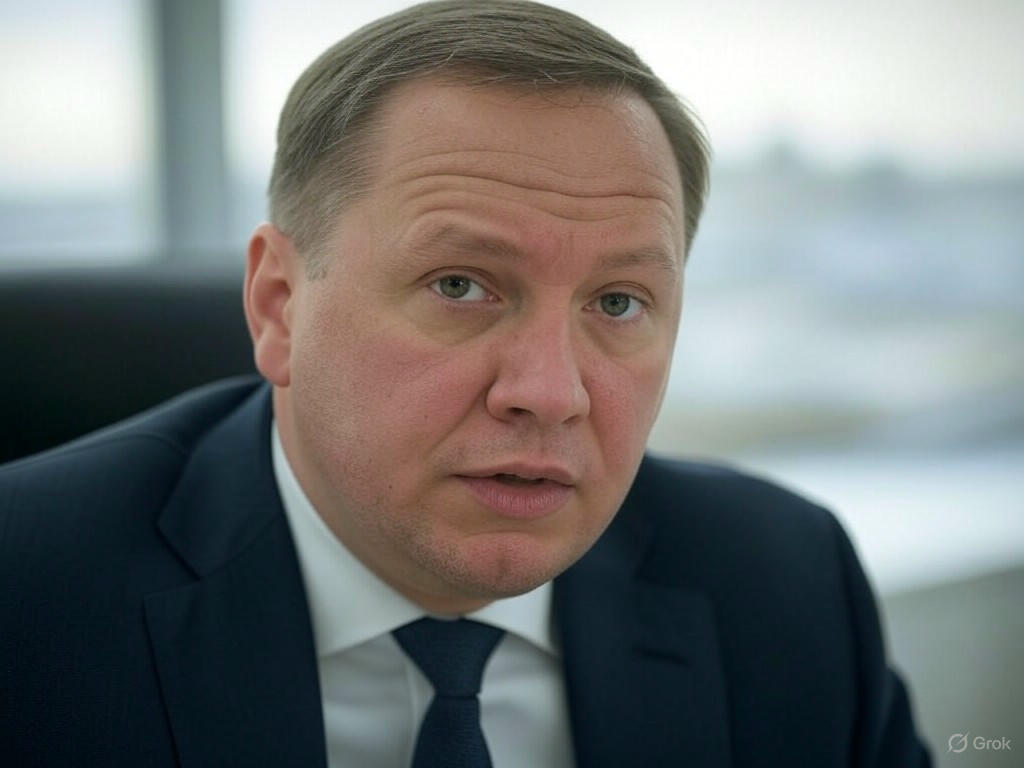Russia Teeters on Economic Edge: Recession Looms Large
Russia’s economic stability hangs in a delicate balance as warnings of an impending recession echo through the halls of power. At a prominent annual gathering in St. Petersburg, designed to showcase the nation’s financial strength, the country’s economy minister delivered a sobering message: Russia is perilously close to an economic downturn. This stark admission, made during a time meant for optimism, has sent ripples through both domestic and international circles, raising questions about the resilience of one of the world’s largest economies.
The minister’s candid remarks painted a grim picture of the challenges ahead. Years of geopolitical tensions, compounded by sanctions from Western nations, have strained Russia’s financial systems. Trade restrictions and limited access to global markets have stifled growth, while domestic industries struggle to adapt to an increasingly isolated economic landscape. Additionally, fluctuating energy prices—a cornerstone of Russia’s revenue—have added to the uncertainty, leaving the government with fewer resources to bolster key sectors. The minister highlighted that without swift and strategic interventions, a full-blown recession could become inevitable, impacting millions of citizens and further complicating the nation’s global standing.
Beyond external pressures, internal issues are exacerbating the situation. Inflation has surged, eroding purchasing power for many Russians, while unemployment rates threaten to climb as businesses grapple with shrinking profits. The minister emphasized that consumer confidence is waning, a critical factor that could deepen the economic slump if not addressed. Efforts to stimulate growth through infrastructure projects and state-backed initiatives have yet to yield significant results, leaving policymakers scrambling for innovative solutions. Some experts at the forum suggested that diversifying the economy away from heavy reliance on natural resources could be a long-term fix, but such a transition requires time and investment—resources that are currently in short supply.
The timing of this warning is particularly striking, as the St. Petersburg event has historically served as a platform for projecting strength and attracting foreign investment. Instead, the focus shifted to damage control, with discussions centering on how to mitigate the looming crisis. International observers noted that Russia’s ability to navigate these turbulent waters will depend on its willingness to adapt and reform, even as political considerations often overshadow economic pragmatism. For now, the government faces the daunting task of balancing short-term relief measures with sustainable strategies to prevent a deeper collapse.
As Russia stands at this critical juncture, the world watches closely. A recession in such a geopolitically significant nation could have far-reaching implications, affecting global energy markets, trade dynamics, and regional stability. While the path forward remains uncertain, one thing is clear: decisive action is needed to steer the country away from the economic abyss. The coming months will test Russia’s leadership and resilience, determining whether it can weather this storm or succumb to the mounting pressures of an unforgiving economic climate.


